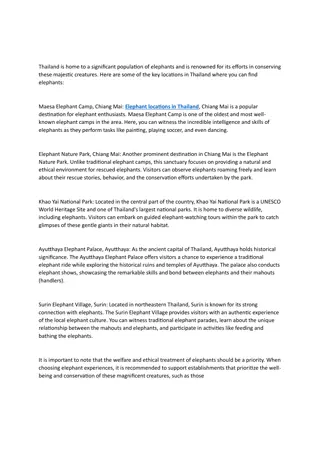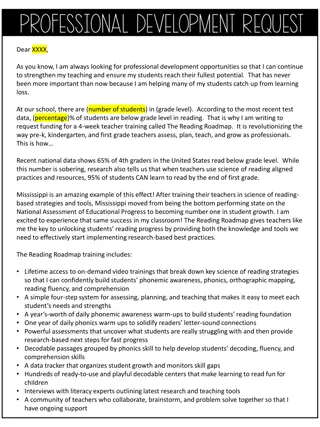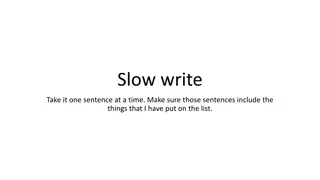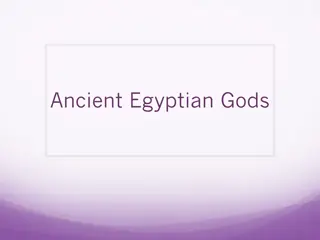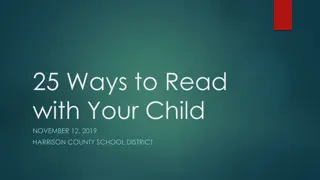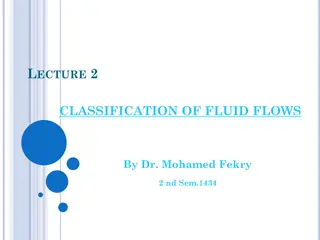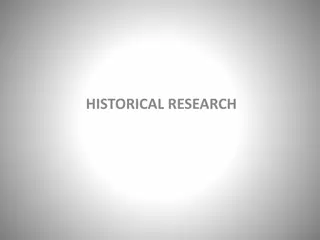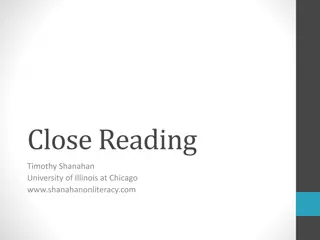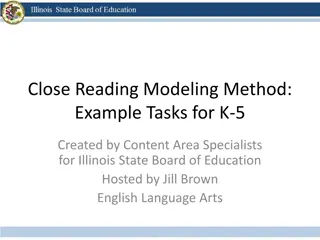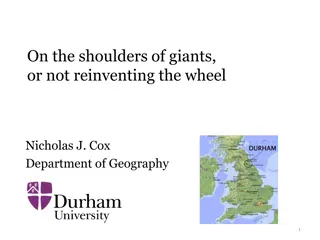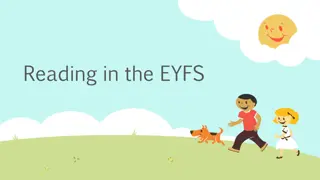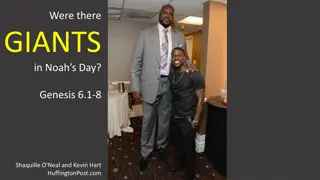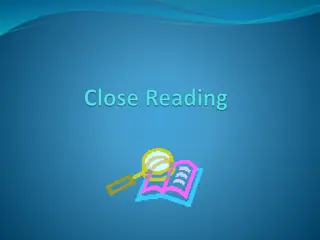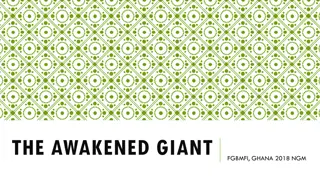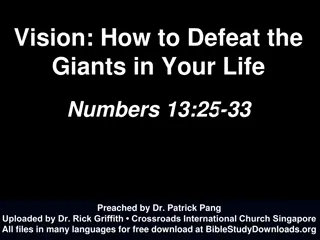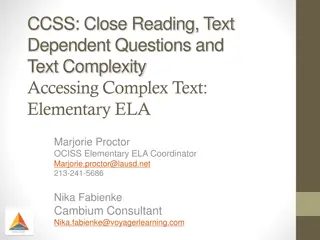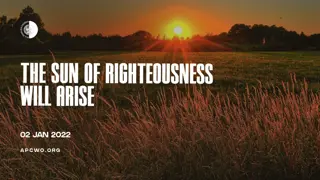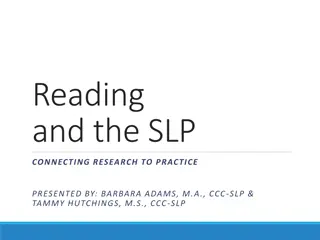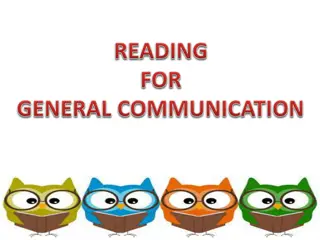Gods versus Giants Close Reading Questions
A detailed analysis based on close reading questions for the text "Gods versus Giants". Questions relate to the atmosphere inside the giants' castle, Skadi's feelings towards the gods, and the inference regarding who cursed the gods' meat. Explore the different scenes and characters to uncover the nuances of the story and its themes.
Download Presentation

Please find below an Image/Link to download the presentation.
The content on the website is provided AS IS for your information and personal use only. It may not be sold, licensed, or shared on other websites without obtaining consent from the author. Download presentation by click this link. If you encounter any issues during the download, it is possible that the publisher has removed the file from their server.
E N D
Presentation Transcript
Gods versus Giants Close Reading Questions
Describe the atmosphere inside the giants castle in Scene 1. What details create this atmosphere? (setting)
Describe the atmosphere inside the giants castle in Scene 1. What details create this atmosphere? (setting) . It is very cold inside the castle.
Describe the atmosphere inside the giants castle in Scene 1. What details create this atmosphere? (setting) . It is very cold inside the castle. Details that create this atmosphere are the ice crystals on the windows, the cold wind whistling through the room, and Skadi s breath creating a cloud of mist.
In Scene 1, how are Skadis feelings about the gods different from her father s? (character)
In Scene 1, how are Skadis feelings about the gods different from her father s? (character) Skadi s father, Thiazi, wants to overthrow the gods. Skadi thinks the gods and the giants can live peacefully in their separate realms.
In Scene 2, who can you infer cursed the gods meat? How do you know? (inference)
In Scene 2, who can you infer cursed the gods meat? How do you know? (inference) Thiazi
In Scene 2, who can you infer cursed the gods meat? How do you know? (inference) Thiazi You can infer from Thiazi s Hee hee hee and the fact that Thiazi knows the meat has been cursed and is able to remove the curse that Thiazi is the one who cursed the meat.
In Scene 2, why does Thiazi eat so much of the gods meat? (inference, character s motivation)
In Scene 2, why does Thiazi eat so much of the gods meat? (inference, character s motivation) Thiazi is provoking Loki to attack him so that he ll have an excuse to grab Loki; that way, Thiazi will have a chance to make a deal with Loki in private. You can assume this is all part of the idea that Thiazi mentions at the end of Scene 1.
In Scene 6, Heimdall says, Lokis loyalties are only to himself! What evidence in the play supports this statement? (text evidence)
In Scene 6, Heimdall says, Lokis loyalties are only to himself! What evidence in the play supports this statement? (text evidence) In the play, Loki carries out two plans: one to have Idunn kidnapped by Thiazi, and the other to bring her back. In both cases, Loki is acting to save himself, first from Thiazi and then from the gods.
At the end of the play, Odin tells Loki, One day your treachery will be your end. What does he mean? (interpreting text)
At the end of the play, Odin tells Loki, One day your treachery will be your end. What does he mean? (interpreting text) Odin means that if Loki is loyal to no one, no one will be loyal to him. If he keeps doing things that harm others, he ll end up with a lot of people who want to kill him and no one to help him.
How is the role of the Storytellers in the play different from that of the Stage Directors? (text structure)
How is the role of the Storytellers in the play different from that of the Stage Directors? (text structure) The Storytellers provide background information. The Stage Directors describe the action on the stage as it happens.
When Thiazi dies at the end of the story, is he getting what he deserves?
When Thiazi dies at the end of the story, is he getting what he deserves? 2 Possibilities Thiazi does deserve to die because his plan to steal Idunn s apples nearly killed the gods. Thiazi was only fighting for his people and did not deserve what happened to him.
Does this story have a moral, or a lesson that can be learned from reading it? If so, what is it?
Does this story have a moral, or a lesson that can be learned from reading it? If so, what is it? 2 Possibilites! The story does not have a moral but simply illustrates the struggle between the gods and the giants. The story does have a moral. Thiazi s death shows that trying to battle the gods is fruitless or that Loki s actions show it s possible to correct bad choices that you make.
In mythology, a hero is typically a brave, selfless character who saves the day. Based on this definition, does this story have a hero? Explain.
In mythology, a hero is typically a brave, selfless character who saves the day. Based on this definition, does this story have a hero? Explain. 2 Possibilities The story has no hero. Loki is the hero because he saves the day.


